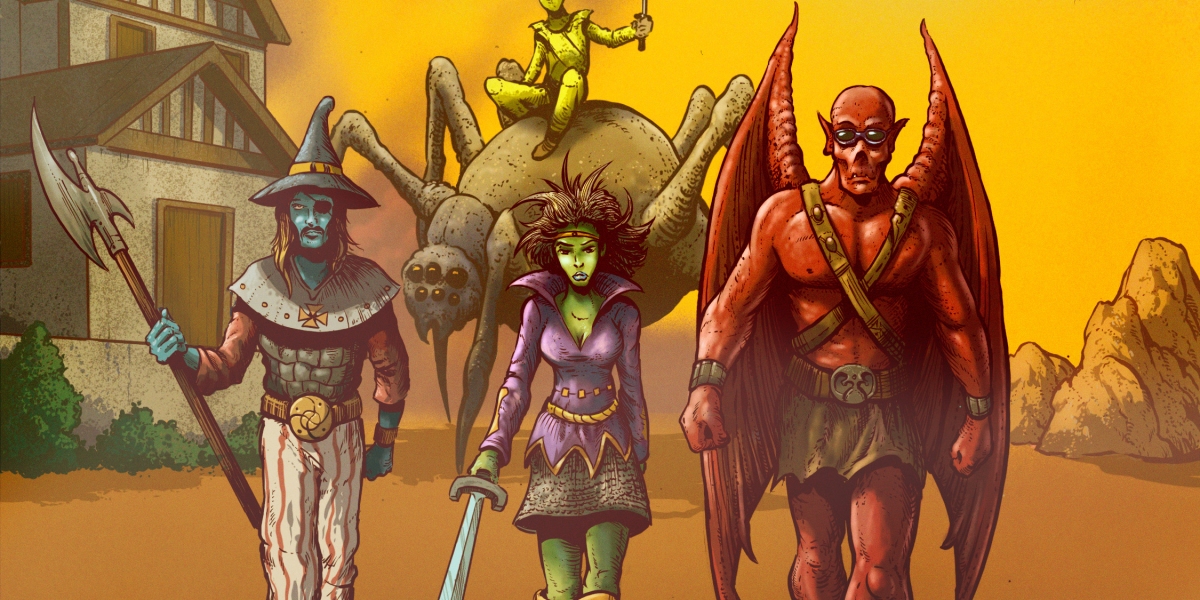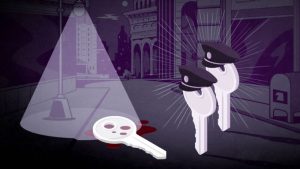
As the picture clarified, Origin realized it needed better “gold sinks”—mechanisms to fight inflation by pulling gold out of UO’s economy. Taxing hoarded wealth would have caused a subscriber revolt. Selling rich characters godlike weapons might have sucked up enough gold to solve inflation, but it would’ve created a class of invincible terminators and wrecked game balance.
The solution was ingenious: purely cosmetic status symbols. For the price of a small castle, Britannia’s elite could buy neon hair dye and impress commoners with a violently green mohawk. These measures, though, offered only a Band-Aid—by 2010, gold was at 500,000 per dollar.
By this time, competitors like World of Warcraft had lured away a majority ofUO’s players. But while most of its peers have shut down, Ultima Online has stabilized and maintains a sturdy core of users—perhaps around 20,000—even a quarter-century after its debut. What’s kept them?
Current subscribers say the sense of identity and investment UO offers is unrivaled. Thanks in part to gold sinks and expansion content, it far surpasses even contemporarty titles in options for customizing costumes and housing. As a result, the game’s original Renaissance-fair aesthetic has drifted to something weirder. Traveling the land today, you’ll see gargoyle-men wearing sunglasses, and ninjas in fluorescent armor riding giant spiders. Quaint medieval villages have given way to tracts of garish McMansions. But even if this riotous mishmash breaks the verisimilitude for players, it’s all theirs.
It is impossible for designers to foresee all the ways users can break a system.
Yet the greatest factor keeping the community alive is the relationships and memories they’ve built together. Yes, other games have better graphics and flashier features. But where else can a friend who lives continents away in the offline world drop over for reaper fish pie and admire the rare painting you pilfered together during the Clinton administration?
Often, these attachments are intensely personal—quite a few players had built virtual homes with parents or friends who later died in real life, and maintaining them is a way to feel connected to people they’ve lost. Some met their real-life spouses on late-night dungeon crawls. In sum, Britannia has truly become a place, and people stay for all the reasons we cherish real-world places.
The nostalgia is so strong that some Ultima diehards have reverse-engineered the source code and set up free bootleg servers touting a “pure” experience that recaptures the spirit of the game’s early days. Thousands of former players have flocked to them. One fan-made service lets people play via web browsers. Another project aims to incorporate UO into virtual reality.
As metaverse technologies make such worlds ever more accessible, it’s easy to imagine Britannia someday being a sort of pilgrimage site—where the brightest promise of simulated worlds first flowered, and where their toughest pitfalls were first overcome. Those building the next generation of those worlds would do well to learn the lessons of Ultima Online.



